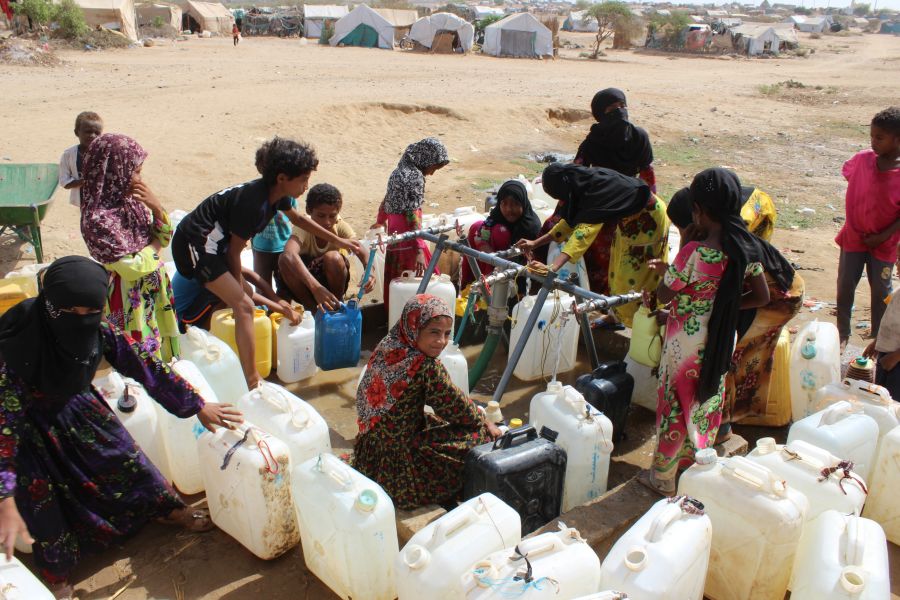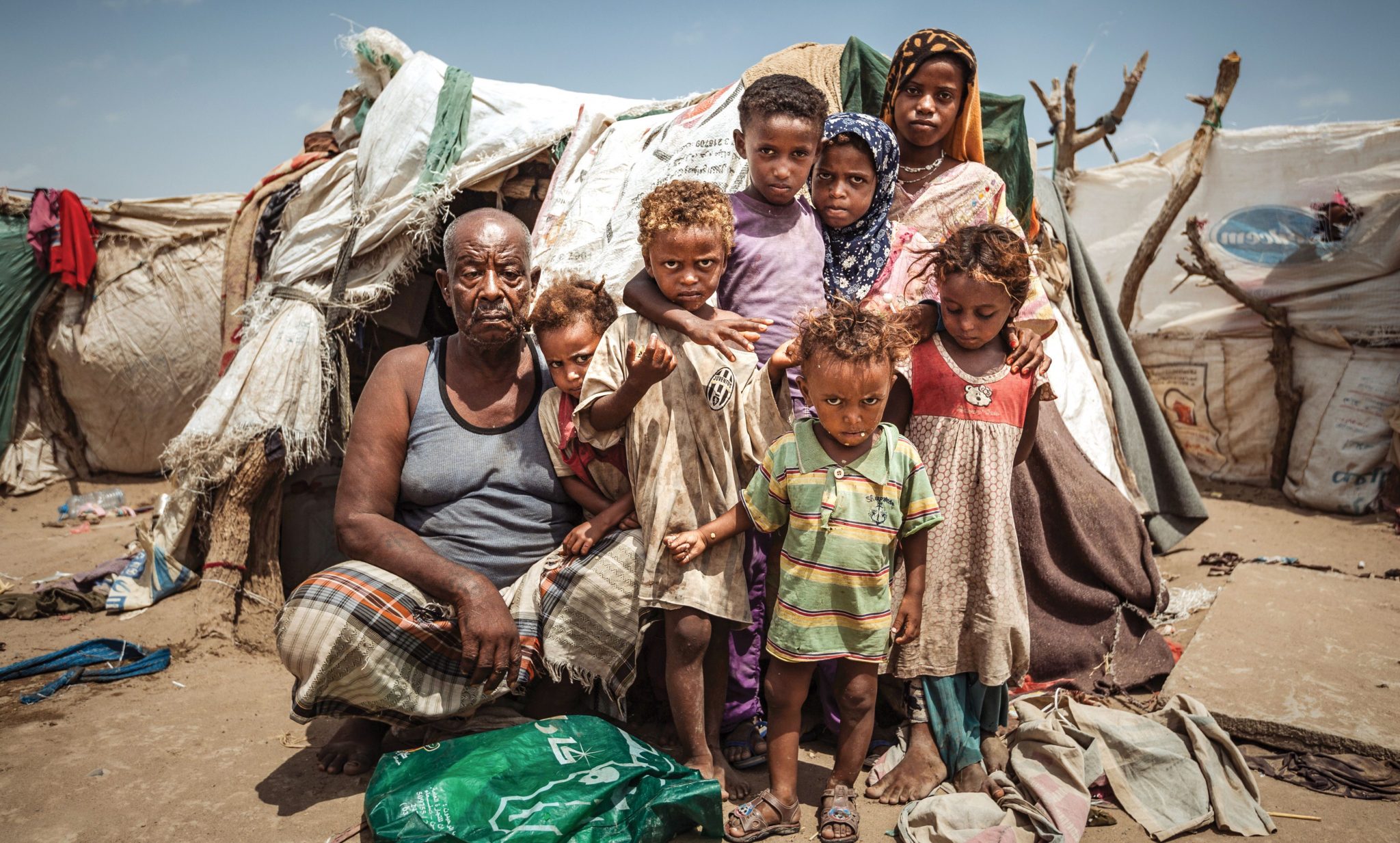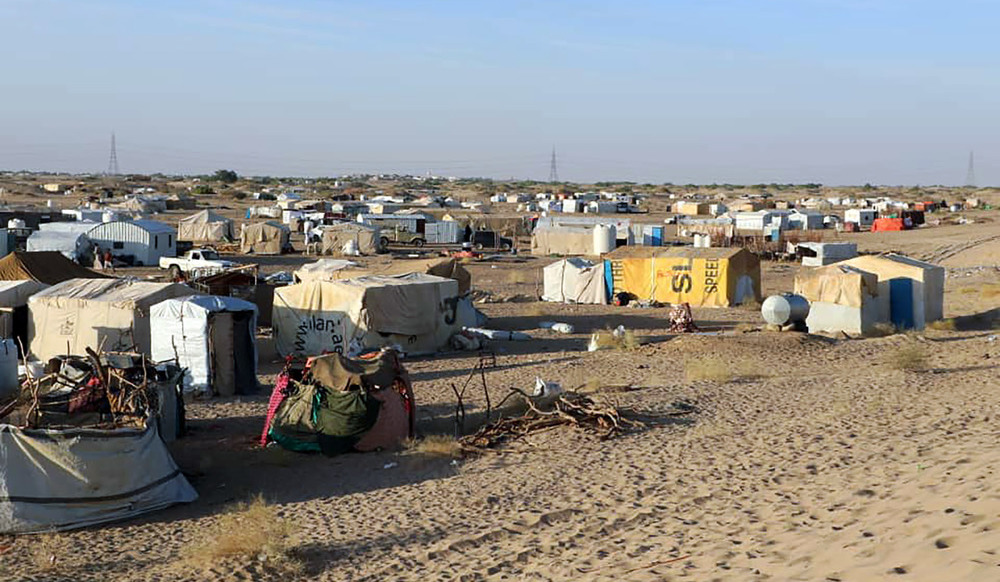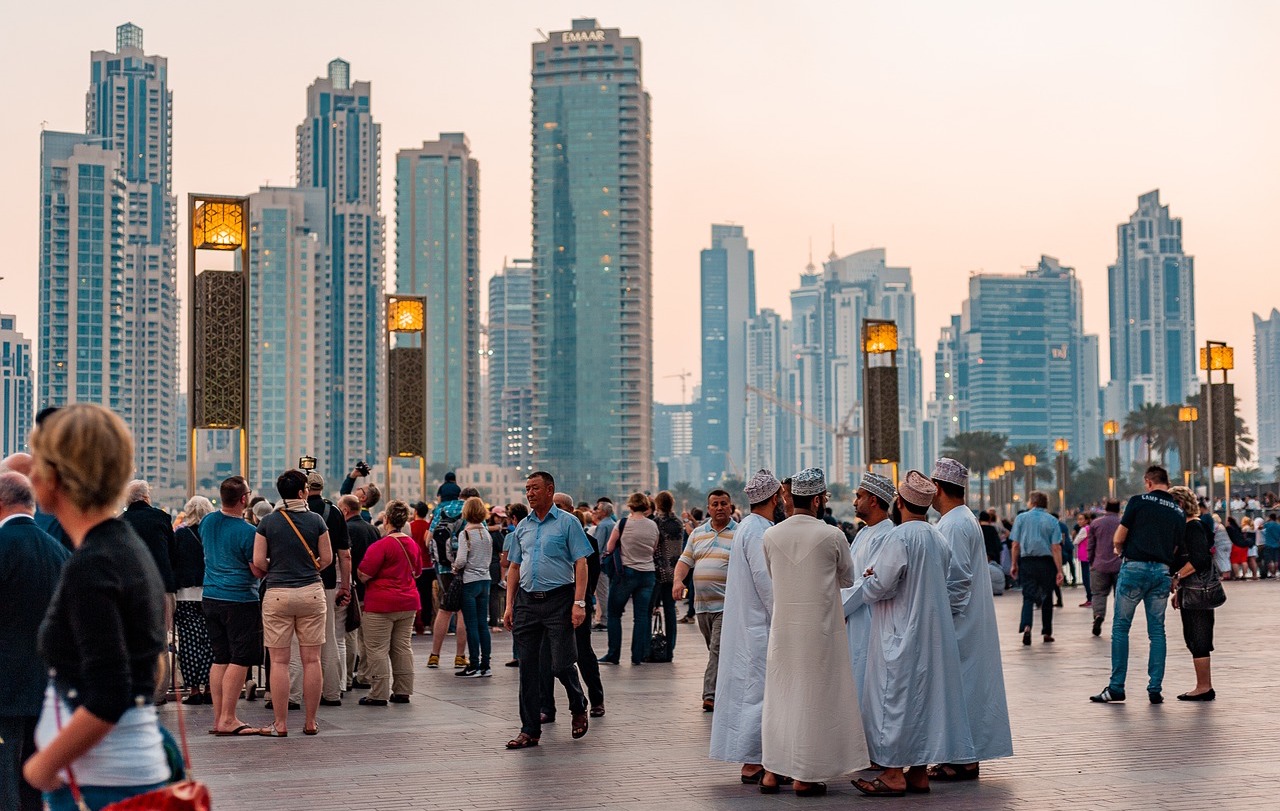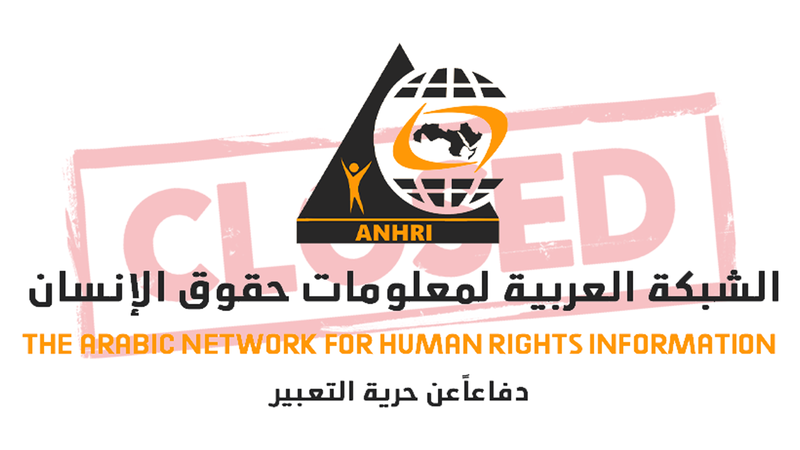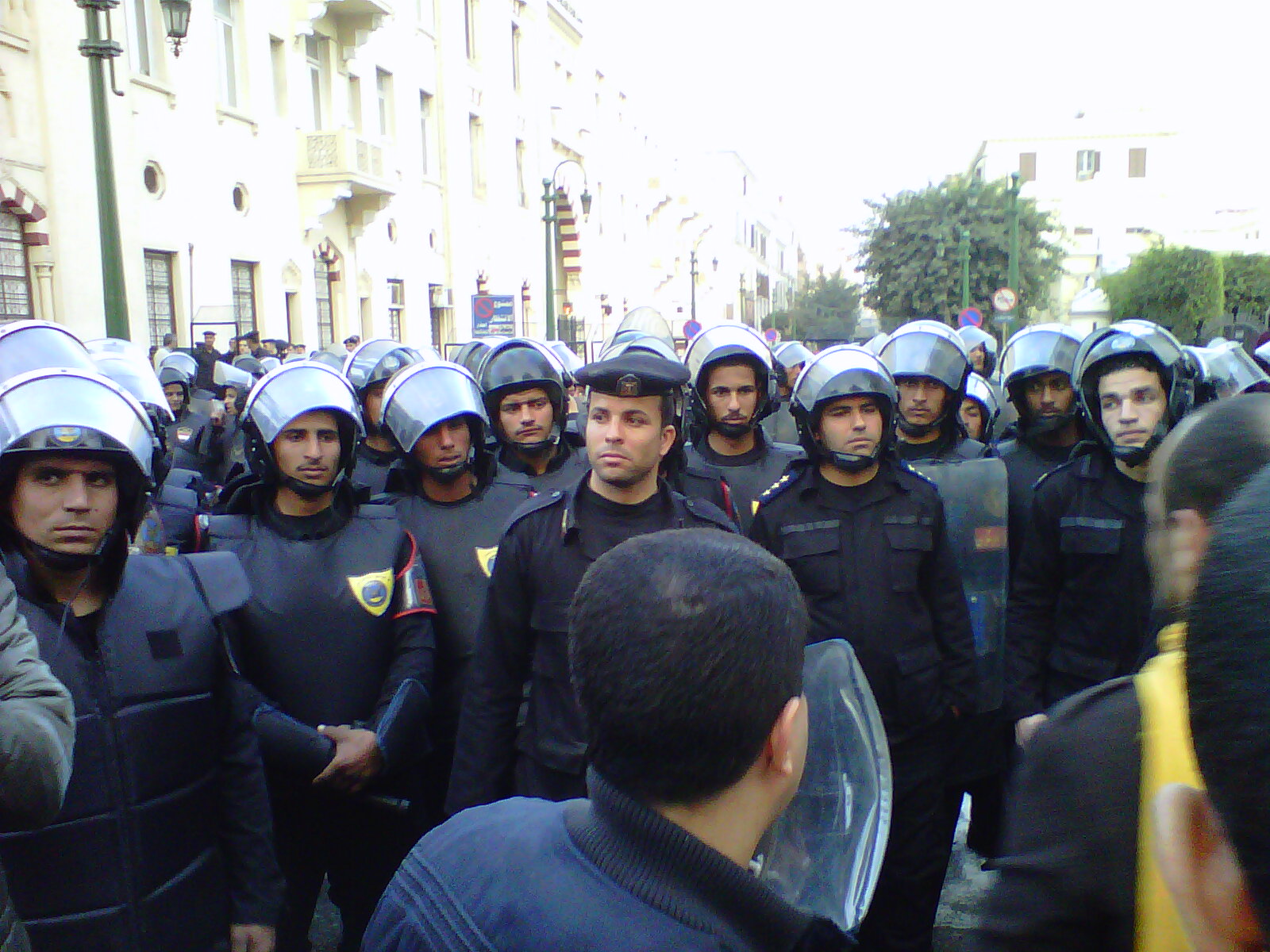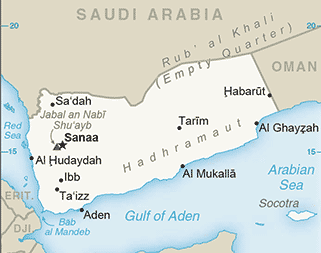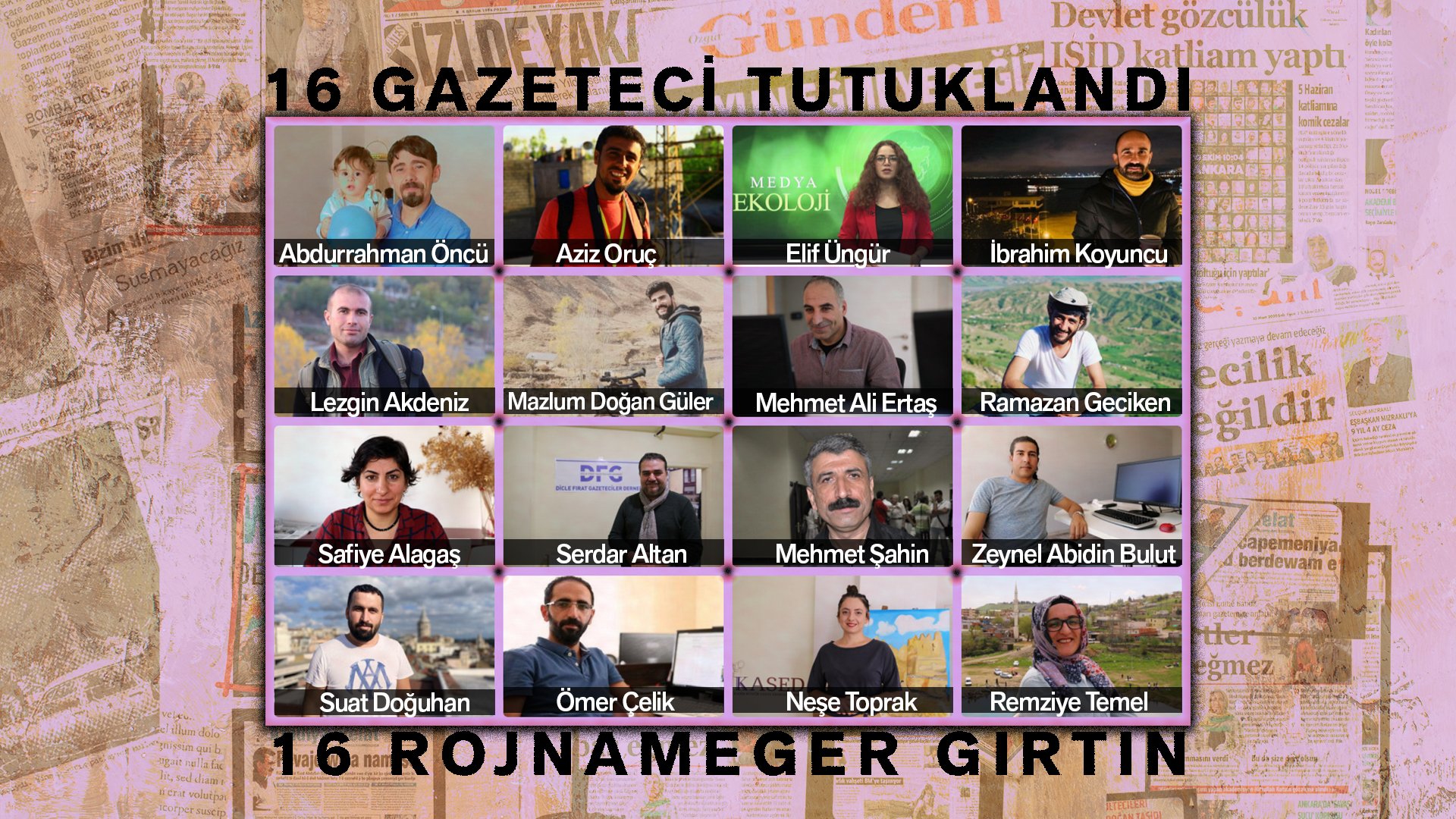
Turkey arrests 16 Kurdish journalists
Turkish officials formally arrested and jailed 16 Kurdish journalists after detaining 21 journalists for eight days without charges. Five of the original 21 were released. According to Turkey’s Media & Law Studies Association (MLSA), the 21 journalists were originally detained on suspicion of “terrorism.” The MLSA’s Mehmet Ali Birand dismissed the validity of the charges, saying: “Most of these colleagues were working in media organs such as DİHA [news agency] and Özgür Gündem [newspaper]… None of these journalists participated in terrorist activities. None of these journalists carried a gun, pulled a trigger, or killed anyone.” Turkish officials claimed the arrests were part of an investigation into the “press committee” of the militant Kurdistan Workers Party (PKK). (Image: MLSA)



